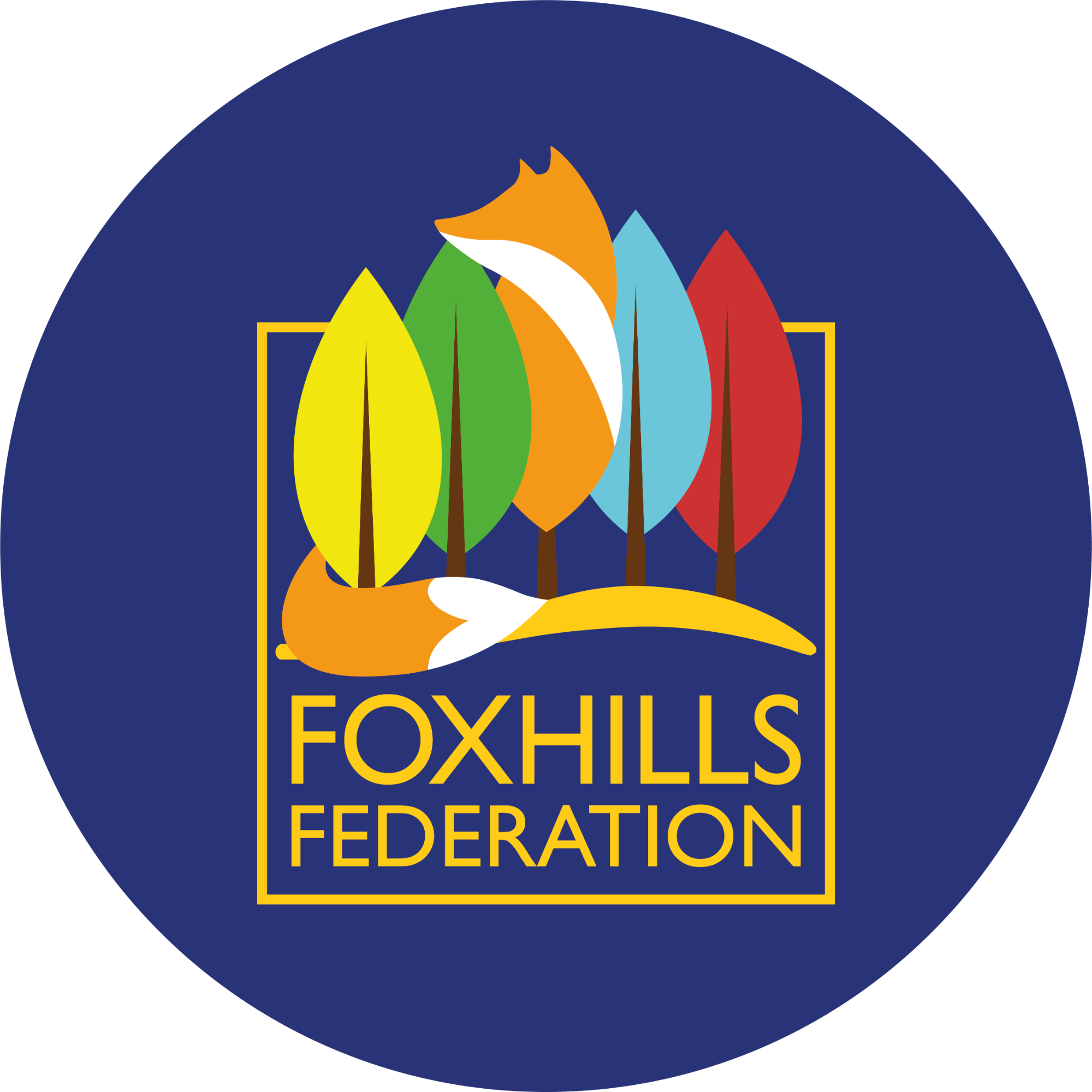Year 6
Summer Term 2
This final summer term is set to be a busy and exciting one for our Year 6 children, packed with memorable experiences and engaging learning opportunities.
One of the key highlights will be our production of Matilda the Musical. The children are already beginning rehearsals and are enjoying learning their lines, songs, and dances. We look forward to sharing all their hard work with you at our performances on Tuesday 15th July and Wednesday 16th July.
Next week, from 16th to 20th June, the children will head off on their residential to Barton Hall with PGL. This is always a fantastic opportunity for the children to challenge themselves, build independence and teamwork, and most importantly, have a brilliant time. Children who are not attending the residential will also have a fun-filled week, with trips planned to the New Forest Wildlife Park, Moors Valley and bowling, alongside a range of exciting activities in school.
In history, we will be completing a local study of Southampton, focusing on how crime and punishment has changed from the Tudor period to the present day. This unit encourages investigation, questioning, and critical thinking as we explore the past through a familiar setting.
Our geography topic will focus on land use and types of settlement. Children will carry out a local field study, using Digimaps to explore the local area and track how land is used. They will also take part in a class debate about a new housing development, considering the social, economic, and environmental impacts of such changes.
In art, we will be exploring activism in art by studying artists such as Banksy, Bob and Roberta Smith, and Keith Haring. The children will look at how art can be used to raise awareness and spark change. They will then create their own zines to highlight an issue they care about, combining creativity with personal expression.
Forest School will begin on Wednesdays, giving children the chance to connect with nature, learn outdoor skills, and take part in activities such as den building and making nettle soup.
We also have some exciting events planned to celebrate the end of the year. Our trip to Paultons Park on Thursday 17th July will be a well-earned reward for the children’s hard work. Finally, the Year 6 party on Monday 21st July will be a great way to end the year and celebrate their time at primary school.
It promises to be a fantastic final term full of learning, fun and celebration!
Alex Williams
Year 6 Teacher
